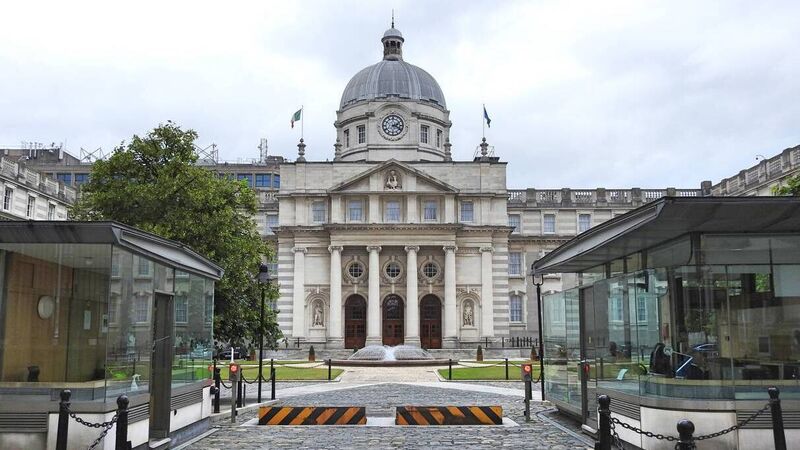Bill to update child sex abuse material terminology should be a 'no-brainer', says senator

The Child Trafficking and Child Sexual Exploitation Material (Amendment) Bill 2022 will be voted on at third stage in the Seanad on Wednesday. Picture: iStock
Legislation to change terminology around the portrayal of child sex abuse material online will come before the Seanad this week.
The Child Trafficking and Child Sexual Exploitation Material (Amendment) Bill 2022 will be voted on at third stage in the Seanad on Wednesday.









